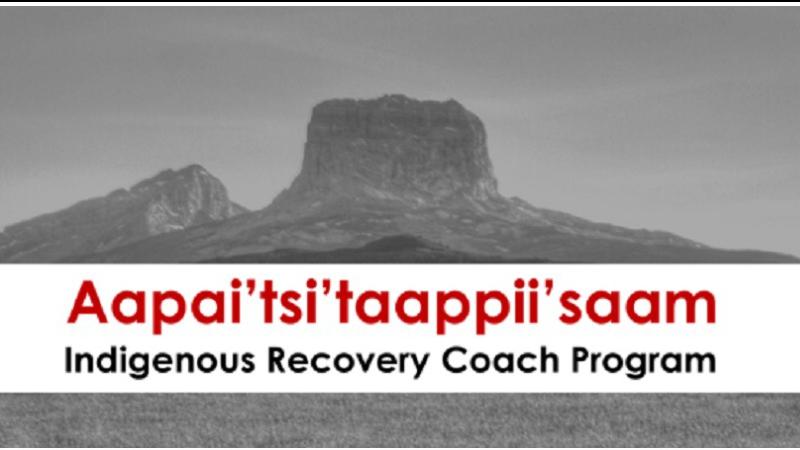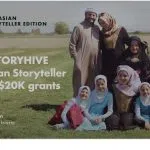
New leader for Indigenous Recovery Coach Program hoping to make a difference
LETHBRIDGE, AB – The Indigenous Recovery Coach Program (IRC) has a new leader.
Germain Wells joins the fold of the IRC as its program director after completing her Bachelor of Arts at the University of Lethbridge and her Master of Education in Indigenous Land Based Knowledge at the University of Saskatchewan.
The IRC is set up to help Indigenous people recover from addiction.
Wells said that, “our program is specifically designed for the Indigenous population, taking into account cultural components – our staff is 100 per cent Indigenous.”


